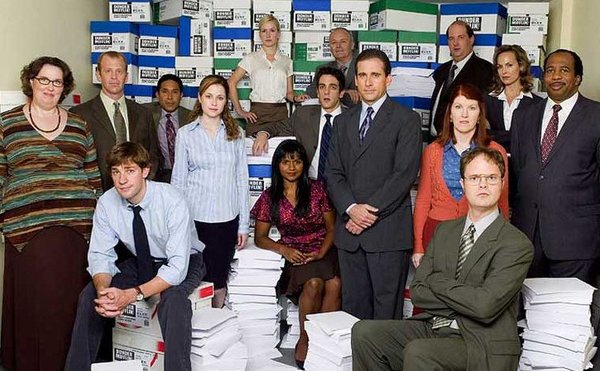Recently I went and saw the movie Zootopia. I walked into the theater only expecting a fun, animated kids movie. All I knew was that it was about a bunny who wanted to be a cop. I had only seen the trailer once and thought it looked cute. Walking out of the theater, though, my view of the movie changed. It was still the cute funny kids movie that I thought it would be but it was so much more. I now knew why it received a 98% fresh rating on Rotten Tomatoes and has an 8.4 on IMDb. But why is it so good not just to young but also older audiences? It because of the message it conveys.
Zootopia is about a society without humans where predators and prey can live in harmony. They are human like with the ability to talk and technological advancements from iPhones to a full-fledged government. The story is centered around a bunny named Judy Hopps whose dream is to become a cop. Usually, predators are the only animals that become cops but she firmly believes that she can be just as good of a cop as any predator because they are all equal, right? She ends up being valedictorian of her class and getting a job in the heart of Zootopia, but it's not quite what she expects. This film's main message addresses stereotyping of all kinds but can really be boiled down to three.
1. Little Guy Stereotyping
This was essential to the storyline of the film and is the most obvious of the three. Judy is seen as weak and tiny compared to her larger and (usually) more aggressive coworkers. Even though she was the best of her class, her boss doesn't take her seriously when she first arrives on her job, so he gives her the job of meter-maid (giving out tickets). This makes her upset because she wants to be a real cop on cases like she rightly deserves. Predators seem to have the positions of power whereas prey have the small, less meaningful jobs. This is frustrating because even though she has proven her worth, because of her species she can't do what she wants to do. This happens all around us every day. People continuously defy statistics of a stereotype and are still not taken seriously.
2. Self- Fulfilling Stereotyping
Nick Wilde, a con artist fox, very much fills the shoes he expected too, a least at the beginning of the film. A fox is traditionally categorized as sneaky and conniving and Wilde fulfills that destiny because that is what expected of him. He was bullied for being a predator and in turn, saw no place for himself so he became what everyone thought he was. This aspect of the film is very much pointing out how sometimes because people are seen as being one way due to a number of reasons (gender, race, religion, etc.) then they begin to reflect and continue the stereotype because there is no point to try and change.
3. Breaking Away from Stereotyping
There are a lot of characters that do this but the most significant is Dawn Bellwether. She is a tiny sheep who is also the assistant to the mayor, who happens to be a lion. This tiny kind sheep is actually the main antagonist of the film. The entire movie not only addresses how we need to break stereotypes but also the entire story of the film does this. The tiny little sheep is the one who is trying to make the prey rise up by trying to prove stereotypes of the predators, that they are vicious and deadly and are not capable of being in charge. This is also pointing out how violence is not the way to defeat stereotypes but reason and kindness as well as a firm hand as shown by Judy Hops's personality.
Zootopia is a great movie to show your children of any age, whether 5 to 40. It teaches them that making judgements based on the species (representing gender, race, religion, etc.) of a person is not ok. This movie is a great step forward in how kids movies send a message to their target audience. Oh, and to make it even better, it's hilarious.



 Photo by
Photo by  Photo by
Photo by  Photo by
Photo by  Photo by
Photo by  Photo by
Photo by 












